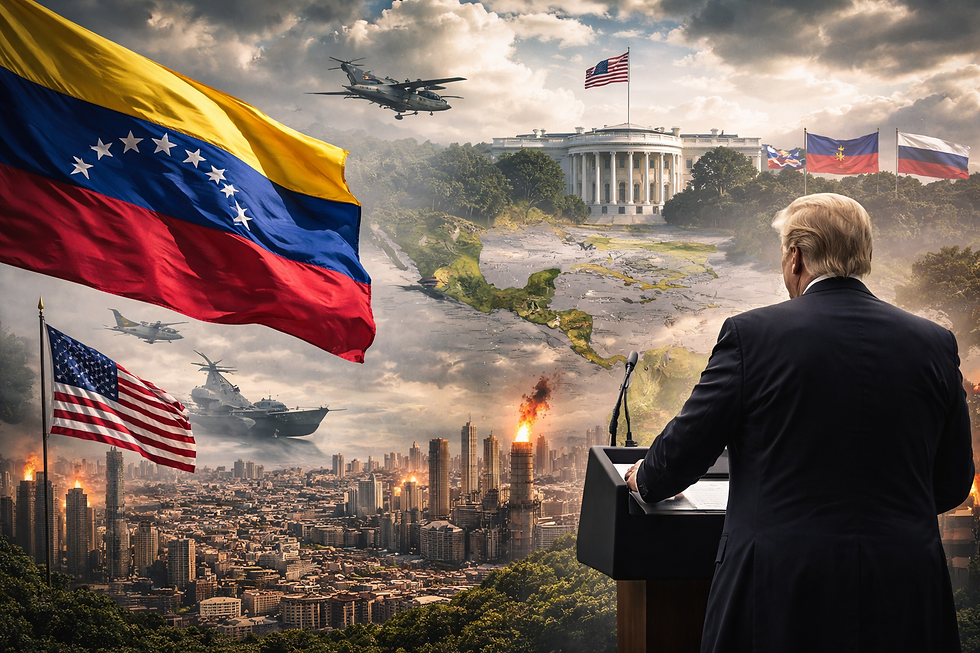Technological Disruption: The Silent Battle for Power in 2025
- laboratoriio360
- Sep 30, 2025
- 2 min read
Just a decade ago, artificial intelligence was seen as a futuristic promise. Today, in 2025, it is the battlefield where the struggle over who will hold power in the new global order is being decided. And it is not just governments that are competing: the big tech companies have become actors as influential as any state.
Meta plans to invest between $66 and $72 billion this year in data centers and supercomputers, doubling last year’s investment. Its crown jewel, the Prometheus supercluster in Ohio, promises to process amounts of information that were unimaginable just a few years ago. Meanwhile, generative AI is beginning to redefine the rules of corporate mergers and acquisitions, becoming a strategic weapon for closing deals worth billions.
But the real change is not just in the technology—it is in who controls it. Google, Amazon, and Meta are no longer mere companies: they regulate global conversations, control digital infrastructure, and set standards that affect millions of people. Some experts speak of “technofeudalism”: a system in which platforms are fiefdoms, data is tribute, and users are digital vassals.
Europe is attempting to push back. Initiatives like EuroStack aim to build its own digital infrastructure to reduce dependence on Silicon Valley, while laws such as the DSA and DMA seek to limit the power of big tech. But this fight for digital sovereignty is not only political—it is also environmental. In places like Aragón, Chile, or Mexico, new data centers consume millions of liters of water and generate tensions with communities that see barely any direct benefits.
From the National Supercomputing Center, Mateo Valero warns: “We are giving away freedom to a few tech magnates.” And the risk is not only losing autonomy: it is allowing the most important decisions for our economy, culture, and democracies to be made in private boardrooms.
Technological disruption is not just another chapter in economic history. It is a silent revolution that is changing who rules, how they rule, and over what.
And the question hanging in the air is simple, yet uncomfortable: do we want a future governed by states… or by algorithms?











Comments